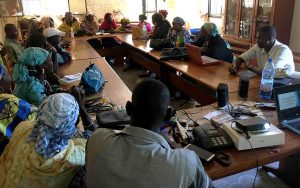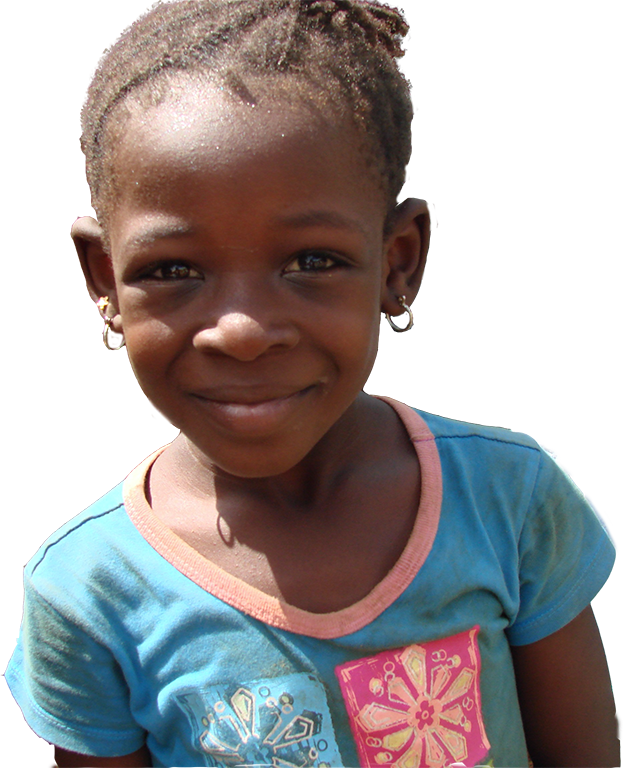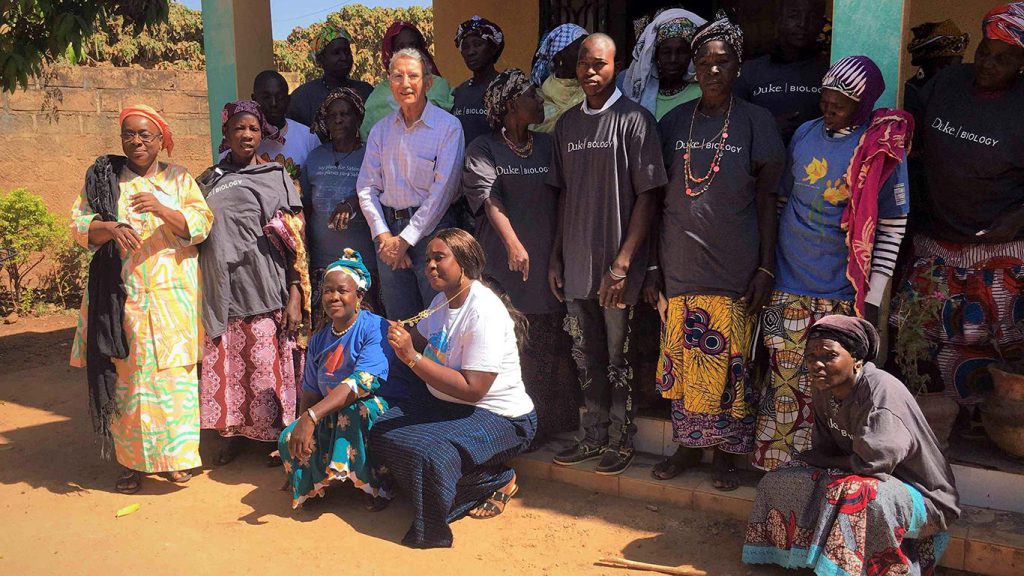
Mushrooms Provide Possibility for Nutrition and Income Generation
Apr. 13 | 2020
At Common Pastures our volunteers are always thinking of creative ways to increase food stability in Mali. In December, volunteer Dr. Khalid of Duke University taught two trainings at the Institute d’Economie Rurale (IER) in Bamako and Association of Women Scientists of Mali (AFSM) on the production of oyster mushrooms in a controlled environment.
Before the training, individuals were harvesting mushrooms from the bush, some of which are not edible to people. This method has proven difficult in sustaining a stable food supply.
Oyster mushrooms, which are not native to the region, can be readily grown given the right conditions and care. Dr. Khalid is working to grow them in their community, providing less time to find and harvest the mushrooms, have a reliable food source and provide a new income possibility.
Benefits to Growing Mushrooms
Mushrooms provide an alternative that is practical and sustainable for the Malian people. Here are some of the benefits including the training Dr. Khalid conducted during the training:
Oyster mushrooms grow using agricultural waste which provides a use for a material that is readily available.
At the IER training, growth mediums such as Potato Dextrose Agar and Malt Extract Agar are traditionally used. With local availability in mind, Dr. Khalid switched to malt drink for a growth medium. Seeds that are local such as wheat, sorghum, millet and corn are then used for spawn preparation for the mushrooms. AFSM students used different agricultural by-products including rice levees and stems, hay stems, corn stems and leaves and peanut shells. Both of these changes provide an accessible route to mushroom production which might increase the success of the program.
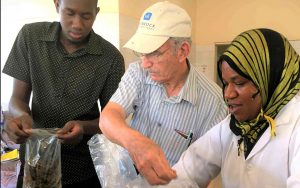 |
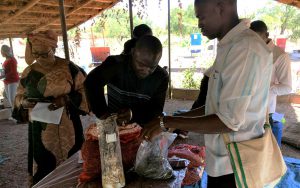 |
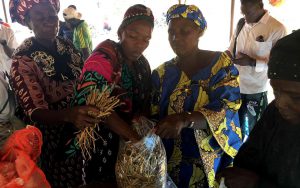 |
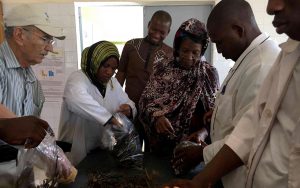 |
Mushrooms do not require that much space to grow under the right conditions.
Successful mycology in the lab environment at IER involves understanding the many aspects that could impact the growth of the fungus. This includes practicing sterilization using an autoclave, checking sterility levels of the lab and ventilation of the workspace. Once material is collected to grow, the spawn bags and jars are placed in a separate room to begin the grow process. For the incubation setup, the IER students used large two plastic tubs on top of each other to trap the moisture and keep out light to promote the growth.
The AFSM conducted the training in their community where students were suggested to build a mushroom house. The mushroom house would consist of a mud construction with concrete floors and a roof made of thick, dry plant material with the support of the president of the association. The construction is important for the mushroom production as humidity, light and temperature are all key components for a successful outcome. The mushroom house must also be completely sealed to prevent insects and small critters.
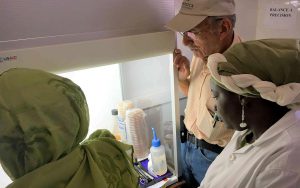 |
 |
Traditional equipment that is used to grow mushrooms can be altered to it is low cost and accessible.
The media was placed in plastic Petri-dishes while working with IER students. Using small glass jars, the media poured in and sterilized to promote the growth of the fungus, like the Petri-dish. For spawn preparation and growth, both organizations were taught how to use polypropylene bags. As mentioned above, post-production green material from nearby farms provide for a stable supply of nutrients for the mushrooms to take hold.
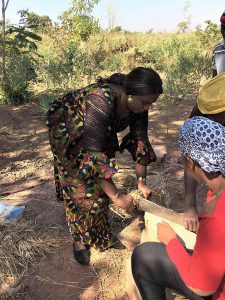 |
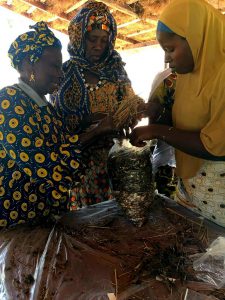 |
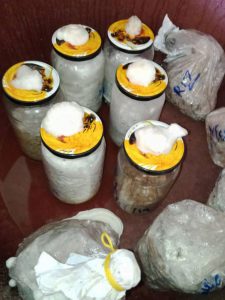 |
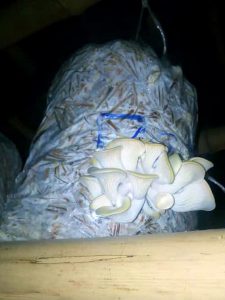 |
The Future of Mushrooms
The training resulted in the students forming separate groups to promote the production and to educate others of mushroom growing techniques in their community. The groups will be able to pass their knowledge of mushroom cultivation to their family members and other students to increase food stability and diversity.
“If I had been trained on mushroom production few years ago, nowadays my family will be well-fed and I will make more money,” said Alimata Traoré, Convergence of Rural Women for Food Sovereignty (COFERSA) member.
With more individuals working on the cultivation of mushrooms, means the higher chance the program will continue being an alternative source of food for the region.
“I am so glad and appreciative to this opportunity of being part of the initiative of introducing significant agriculture to the society of Mal. This is a juvenile new agriculture practice to this society that needs close attention and follow up.” said Dr. Khalid in his report.
In the future Dr. Khalid hopes the program will continue to provide new opportunity for the region as well as seeing the possibilities mushrooms can have on nutritional value to meals. To the delight of Common Pastures, the Association of Women Scientist of Mali have invited Dr. Khalid back for follow-up with their organization.

